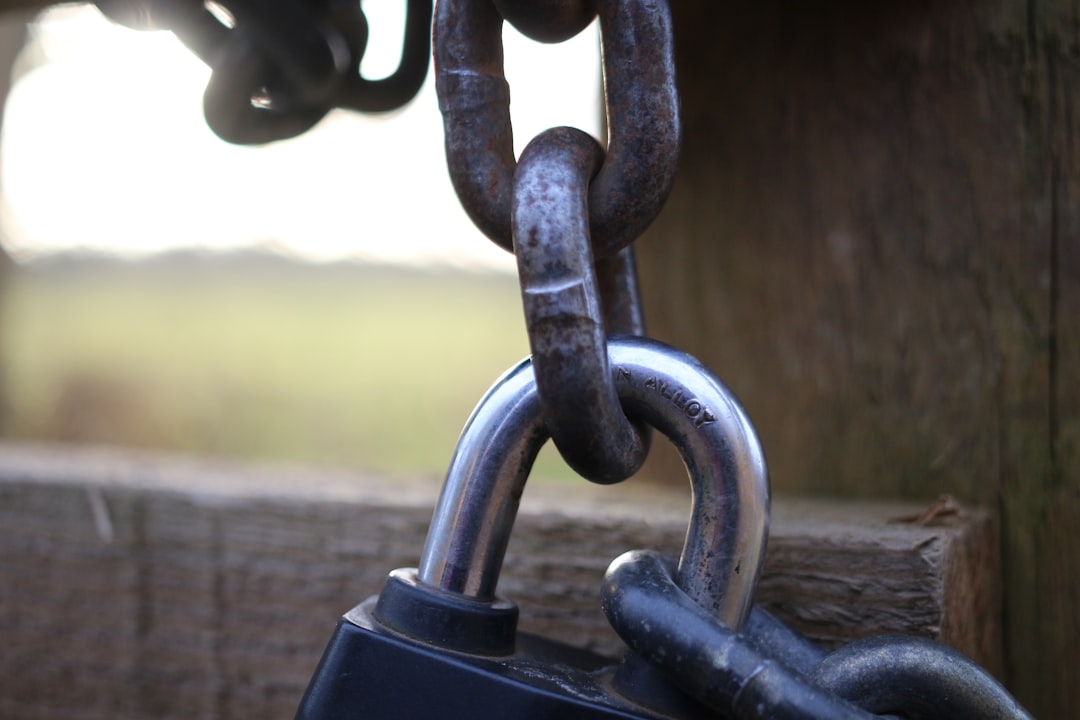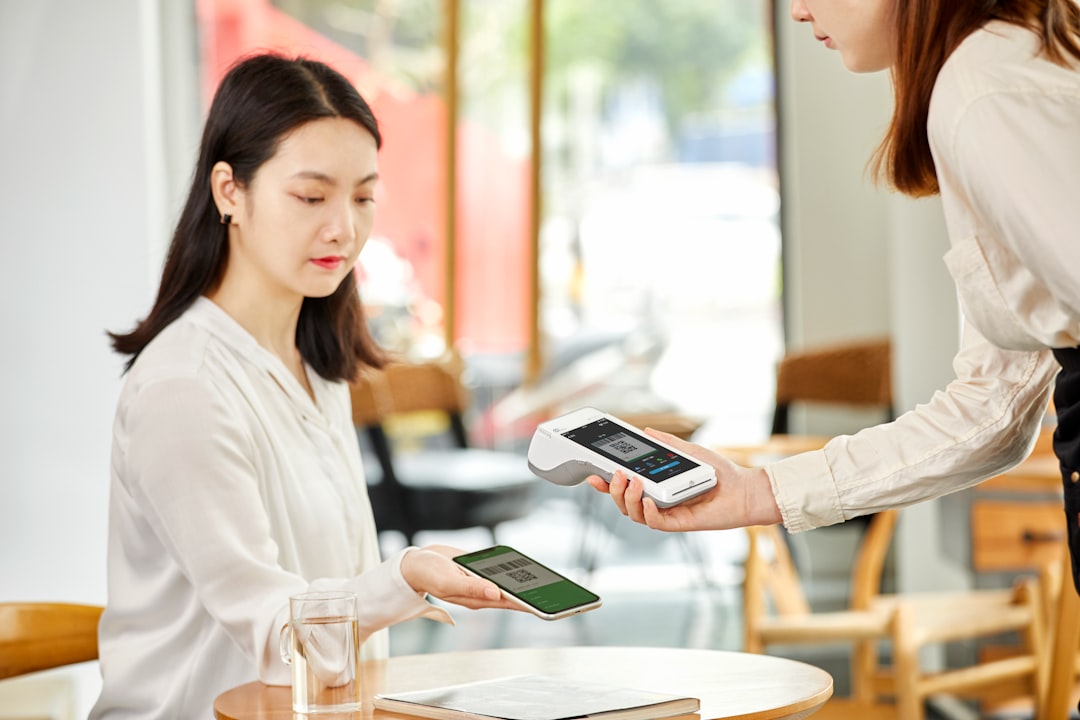Shopping online? Paying bills from your laptop? Transferring money on your phone while munching snacks? Welcome to the digital life! But doing these things without protection is like walking in the rain with a paper umbrella — not so smart.
So, you hear about a magic helper: a free residential VPN extension. It promises to shield your online stuff from prying eyes. But the big question is — can it actually protect your online transactions?
Let’s break it down in a super simple way. But first, what is a residential VPN?
What’s a Residential VPN Anyway?
A residential VPN hides your real internet address and makes it look like you’re surfing from a regular home. Unlike data center VPNs (which techies know are VPN servers), residential IPs make you look like a real human chilling in their house.
That sounds cool. And free ones? Even cooler, right? Well, sort of.
The Perks of Using a Residential VPN
Here’s what residential VPNs can do:
- Hide your IP address — no one knows exactly where you are.
- Encrypt your connection — which means your data is scrambled like eggs until it reaches its destination.
- Bypass geo-blocks — like accessing that US-only shopping site from your beachside getaway.
But if you’re using a free VPN, we have to talk about the risks.
The Risks with Free Residential VPN Extensions
Everyone loves free stuff, but in tech, “free” usually comes with a price. Here’s why:
- Data Logging: Some free VPNs track your online activity. Not cool when you’re entering sensitive payment info.
- Weak Encryption: Free tools often have outdated or low-level encryption. That’s like locking your front door with a rubber band.
- Ads and Malware: Many free VPNs slap you with ads or inject malware. Your credit card info could be one click away from a sneaky hacker.

If your VPN is shady, it might even sell your data — or worse, leak your banking info to cybercriminals. Yikes!
What a Good VPN Should Do for Your Transactions
When you’re shopping or banking, a VPN should:
- Use military-grade encryption (look for AES-256).
- Never log your data — zero logs is the way to go.
- Have DNS leak protection — so your info doesn’t accidentally escape.
- Work well with HTTPS — so the websites you visit are also secure.
So… Can A Free Residential VPN Protect You?
Here comes the honest answer: it might help, but it’s risky.
Free VPN extensions could give you basic protection. But for something as sensitive as online transactions, you don’t want “basic.” You want strong, solid, and trustworthy.
Think of it like this. Using a free VPN for buying something online is like taping a plastic bag to your window and calling it a security system. It might stop a breeze, but not a burglar.

What Should You Do Instead?
Here’s a fun checklist to stay safe:
- Use a trusted, paid VPN with strong encryption and no-logs policy.
- Stick to secure sites — look for “https” and a padlock in the browser.
- Use two-factor authentication on your banking and shopping accounts.
- Never use public Wi-Fi for transactions — unless you’re using a secure VPN.
Bottom Line
Free residential VPN extensions are okay for casual browsing. But when it comes to online payments, your money deserves better. Trust a strong VPN. Call it your invisible bodyguard on the web.
Stay safe. Stay smart. And yes — keep those snacks coming!